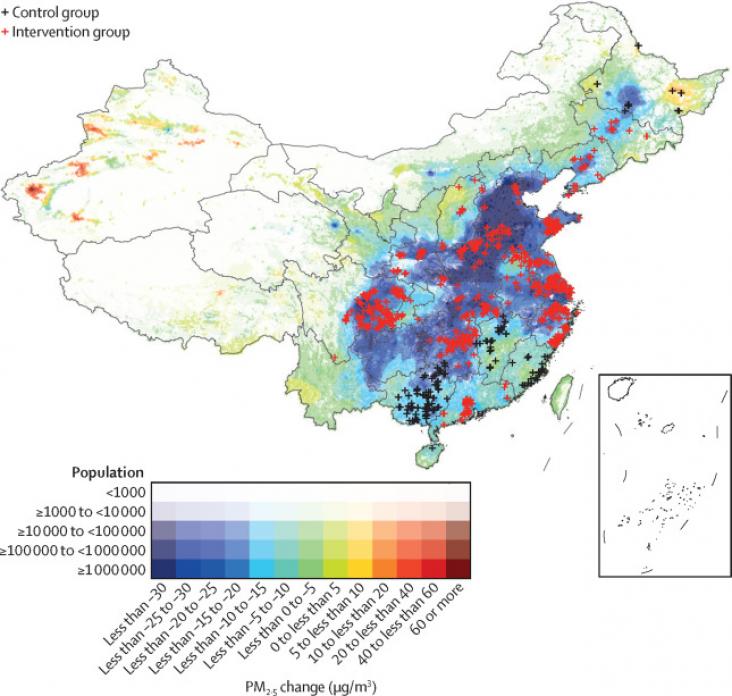This paper addresses pharmaceutical detection in groundwater.

This study supports SDGs 3 and 6 by investigating a low-cost behavioural intervention designed to increase latrine use and safe disposal of child faeces in India. The study found the intervention modestly increased latrine use and markedly increased safe disposal of child faeces in the short term, but was unlikely to reduce exposure to pathogens to a level necessary to achieve health gains.
Evaluates prognostic factors for sex differences in lung cancer survival.
Research looking into the disparities between male and female researchers in hematology
This study investigates how the sources of carbon emissions affect life expectancy. The study sample includes 68 developing and emerging economies for the period 1990-2017. Disaggregated analysis is performed on: (1) emissions sources; (2) income groups. A negative nexus between life expectancy and CO2 emissions exists for emerging ones. However, CO2 emissions seem to improve the life expectancy for developing countries.
Background: China has the highest prevalence of hepatitis B virus (HBV) infection worldwide.

Background: Air pollution might accelerate cognitive ageing; it is unclear whether large-scale interventions, such as China's Clean Air Act (CCAA), can mitigate cognitive deterioration.
A Review in support of SDGs 3 and 12, focusing on the decrease in traditional food availability and the increase in food import dependence in small islands, discussing the resulting reduction in diet quality and food security and the increase in type 2 diabetes risk.
This paper presents a literature review, describing the main research fields in agricultural land systems and their linkage with SDG 2, 3, and 15, namely the discrepancy in the percentage of publications by research field emphasizes the need for future studies to fulfil this gap because each domain has a vital role in providing knowledge to food security and the SDGs
This Review supports SDG 3 and 10 by highlighting how genomics research intersects with existing racial and ethnic inequalities and forms of exclusion; there is no universally accepted, consistently applied method for categorising genomic data, which the authors argue is problematic, both from a clinical and scientific perspective, but more fundamentally in terms of the ability of genomics research to achieve the core ethical values of equity and justice.
